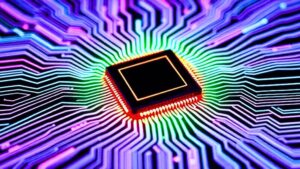In addition to handling our thoughts, emotions, and actions, the human brain is an extraordinary and complex organ. We perceive the world around us, make decisions, and form memories with its intricate network of neurons and synapses.
There are different regions in the brain, each of which has a specific function. Movement and balance are coordinated by the cerebellum, which is responsible for consciousness, perception, and thought. Breathing and heartbeat are controlled by the brainstem, and emotions and motivation are controlled by the limbic system.
Human brains are also extremely adaptable, and they can reorganize themselves in response to environmental changes. In learning, memory, and injury recovery, this phenomenon is known as neuroplasticity.
For centuries, scientists have been fascinated by the brain’s complexity and adaptability, and there is still much to learn about it. Technology has enabled researchers to study the brain in unprecedented detail, and new discoveries are being made every day.
Functional magnetic resonance imaging (fMRI) is one of the most significant breakthroughs in neuroscience. Researchers can visualize brain activity in real-time with this technology, gaining insight into how different parts of the brain communicate.
The microbiome-gut-brain axis is another area of research that is currently generating a lot of interest. The gut microbiome, which is the community of microorganisms living in our digestive tract, and the brain communicate along this axis. A range of neurological and psychiatric disorders may be influenced by disruptions in the gut-brain axis, according to studies on the microbiome.
We are shaped by our brains, which are complex and remarkable organs. The brain’s mysteries are revealed by new discoveries every day, and our understanding of it is always evolving. Our understanding of ourselves and our place in the world will deepen as we unravel the secrets of the brain.






hihgn.jpg)



